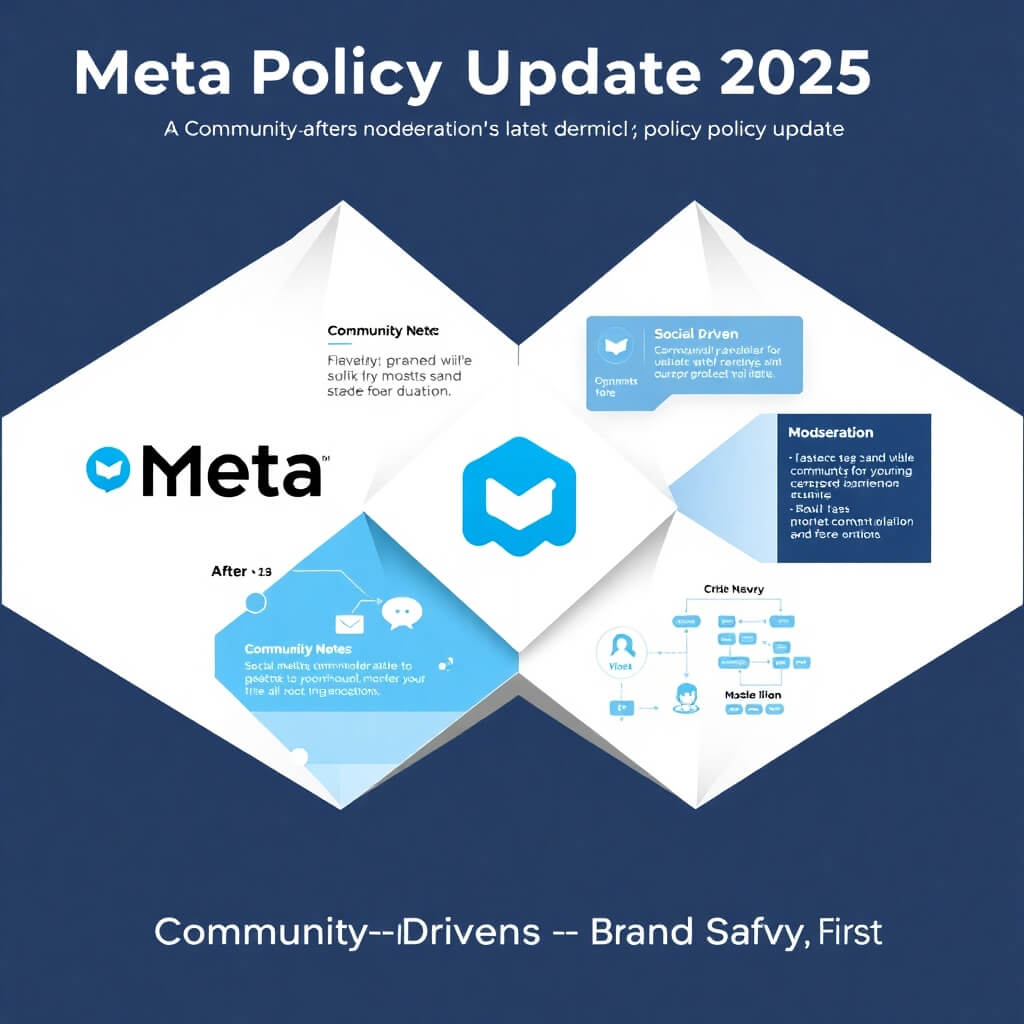
Spoiler alert: The following contains several spoilers about the show, Mad Men. If you wish to remain unspoiled, don’t continue reading.
On the surface, Mad Men is a show about the advertising industry in the 1960s. However, watch a few episodes and it becomes clear that what the show’s really about is change. Specifically, just how different things were over 50 years ago. It’s almost shocking to see what was acceptable back then, especially when it comes to issues like race, gender equality and the prevalence of smoking indoors. While the show’s characters are strictly in advertising, there are several moments when it’s clear how much things have also changed when it comes to branding, public relations and marketing (not that any of those fields were back then what they are today).
There’s plenty of examples in Mad Men of dated marketing methods that just wouldn’t work today.
1. This never happened.
One common theme of the show is self-reinvention and completely shedding the past. The show’s main character, Don Draper, does it when he deserts the Korean War by assuming the identity of a dead comrade. He completely becomes that person and hides his entire shameful past as the orphaned son of a prostitute. “This never happened,” he tells another character as she deals with the shock of a surprise pregnancy. She takes his advice, keeping the birth a secret and eventually giving up the child for adoption.
Is it possible to erase the past like this today? With everyone living so publicly on the Internet, it seems unlikely. When viewed in marketing terms, it’s nearly impossible, though it’s been tried. For an example, just take a look at the aftermath of Beyonce’s performance at the 2013 Superbowl Halftime Show. The day after the show, a not-so-flattering shot from the performance cropped up online:
After the picture was published on BuzzFeed, the website received a message from Beyonce’s publicist asking that all traces of it be removed from the Internet. Instead of removing the photo, the Internet did the exact opposite: created a meme and posted it everywhere.
Well, so much for that.
The lesson: while erasing evidence of the past may have been easier to accomplish back then, now that’s not the case (and trying to will only call more attention to the very thing you’re attempting to hide). With such things impossible, it’s best to accept it and move on. No matter how bad that thing is, it’s permanent.
2. If you don’t like what’s being said, change the conversation.
In 1962, the advertisers of Man Men get an interesting client: a group trying to demolish Penn Station and replace it with the new Madison Square Garden. However, they’re being met with opposition from people who want to preserve the historic station. As they agonize over how to respond to the backlash, Don tells them, “if you don’t like what’s being said, change the conversation.” He suggests that they stop spending countless hours fighting the opposition, and instead focus on promoting just how modern and advanced the new facility will be.
Could this work now? In short, no. And here’s an example of why.
In 2013, J.P. Morgan didn’t have the best of reputations. It was well known that it had been involved in several sketchy business dealings and had been fined billions of dollars. Apparently, J.P. Morgan thought the best way to improve its PR was to do a question and answer session on Twitter, with the assumption that doing so would distract the public from its negative reputation. How wrong they were.
It didn’t take long for Twitter users to hijack the hashtag #AskJPM and use it as a way to fire back at the company.
#AskJPM Is it true that, while you don’t always spit on poor people, when you do, you have perfect aim?
— Charlotte (@LoftusCharlotte) November 13, 2013
#askJPM Given the # of reg violations + scale of fines paid across the bank, please explain why the board hasn’t been replaced by livestock?
— Yves Smith (@yvessmith) November 14, 2013
Seeing where this was going, J.P. Morgan cancelled the session before it even officially began.
Tomorrow’s Q&A is cancelled. Bad Idea. Back to the drawing board. — J.P. Morgan (@jpmorgan) November 14, 2013
So what’s the lesson here? We live in a world where social media gives everyone a voice. You can no longer change the conversation because the public owns the conversation now. And they are not shy about expressing their dislike.
3. JFK = Elvis
The 1960 Nixon vs. Kennedy presidential race saw a massive shift in the way the public viewed politicians. Kennedy wasn’t just a candidate; he was a celebrity. In Mad Men, however, not all the characters recognized this at the time, arguing that “America does not want some greasy kid with his finger on the button.” When the ad agency’s owner, Burt, grumbles about how Kennedy didn’t even wear a hat, young account executive Pete chimes in “I don’t know. You know who else doesn’t wear a hat? Elvis. That’s what we’re dealing with here.” Burt’s response? “Remind me to stop hiring young people.”
Of course, looking back, it’s clear that Pete was correct and Kennedy’s rock star appeal eventually won him the presidency. However, the agency dismisses this and chooses to back Nixon.
Now we live in a time where youth culture runs the game. Back in 1960, that wasn’t the case (although the cultural revolution later in the decade would certainly change that). Nowadays, dismissing whatever is considered “young” and “trendy” would be considered ridiculous. But that doesn’t mean brands haven’t done just that.
For example, take another political moment. When Senator Marco Rubio gave the Republican response to the State of the Union Address last year, he paused to take a drink of water from a Poland Springs bottle. The moment was unplanned brand exposure for the company, and it quickly took off online. Within an hour, #watergate was trending, and even Rubio found himself contributed to the conversation on Twitter.
#GOPResponse #SOTU #gop #tcot pic.twitter.com/3hxtgdbP
— Marco Rubio (@marcorubio) February 13, 2013
Poland Springs remained silent, thus missing out on a valuable chance to seize the moment and accumulate massive amounts of free brand exposure.
The lesson? Adapt with the times. What you may consider “a flash in the pan” may actually be a vital cultural shift. It can hurt you in the end, regardless if it’s endorsing the losing presidential candidate, or missing out on an organic and priceless opportunity to really let your brand shine.









